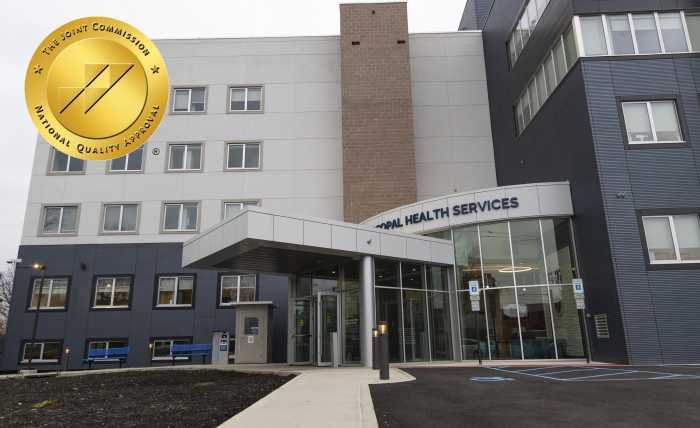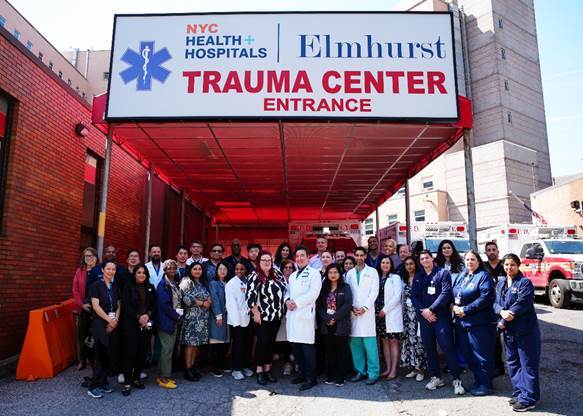By Bob Capano
The opioid crisis is inflicting all of our communities at an alarming rate.
More families than ever are impacted by drug addiction. There were almost 64,000 drug overdose deaths in 2016, with two-thirds of them related to opioids such as heroin, according to the Centers for Disease Control and Prevention. This was the most lethal year yet in the drug epidemic and it is getting worse.
There is no greater feeling of helplessness than watching a family member suffer because you know there is nothing that can be done until they are ready to seek treatment. The last thing we need is a legal facility that encourages continued drug use. Unfortunately, this is the path New York City is on.
Recently, the New York City Police Department and the New York City Department of Health and Mental Hygiene met to discuss opening “supervised injection facilities” in local neighborhoods.
These facilities allow addicts to inject heroin and other drugs under medical supervision with sterile syringes, with taxpayers footing the bill. Currently, there are only about 100 of these centers in the world, mainly in Europe and Canada. Today, New York City is racing with Philadelphia and Seattle to become the first city in the United States to open one.
This would be a victory for Mayor Bill de Blasio in his goal to raise his national progressive bona fides, but opening these facilities would be bad for communities, law enforcement, taxpayers, and even worse, addicts.
Any funds spent on this issue should be used to break the cycle of the addict’s dependency on drugs, not by taking an action that condones heroin use. These sons, daughters, sisters, brothers and friends need help, hope and rehab. Condoning drug use as long as you shoot up at a supervised injection facility is sentencing them to a life of addiction.
We also must think of the problem these facilities would cause for law enforcement. How can we to prosecute drug crimes if City Hall provides places for drug users to legally shoot up?
In response to Vermont also exploring opening these facilities, the U.S. Department of Justice released a statement making clear: “It is a crime not only to use illicit narcotics, but to manage and maintain sites on which drugs are used and distributed… such facilities would also threaten to undercut existing and future prevention initiatives by sending exactly the wrong message to children in Vermont: the government will help you use heroin.” Supervised injection facilities would send mixed messages to law enforcement and citizens about heroin use.
Local neighborhoods would also suffer. Can you imagine the uproar if a facility were proposed in your community? Let’s face it, drug dealers are true entrepreneurs. They’ll relocate close to one of these facilities to better serve their customer: the addict. If one were to open in your area, common sense tells you that there will be dealers setting up shop next to the closest subway station, because these facilities do not provide the drugs. The addict will do anything to get the cash to pay the dealers.
Cities like Vancouver found out what happens when injection facilities are located there; quality of life complaints rise and the area around them becomes a magnet for addicts and drug dealers. Guardian Angels founder Curtis Sliwa told me that in the 1990s, when his team patrolled the East End of Vancouver where one of these facilities had recently opened, there was an increase in addicts coming from other parts of Canada. This brought more dealers because users had to first buy their heroin to get their fix.
Since the first supervised injection facility opened in Switzerland in 1986, there have been many studies offering contradictory information about their effectiveness. These are worthy discussions to have, because both opponents and supporters of these facilities share the same goal of saving lives. However, no debate has occurred in New York City worthy of making us the first place in the United States to open these controversial facilities.
In 2016, the council announced a $100,000 taxpayer-funded six month study to be conducted by the Department of Health on the feasibility of opening these facilities. The results of the study have not been released, and there has not been any comment on these facilities by the mayor or any public hearings on this issue. Yet, last week two city agencies met about opening these facilities.
New Yorkers, especially those suffering from addiction, deserve better.
Bob Capano has been an adjunct political science professor at the City University of New York.



































